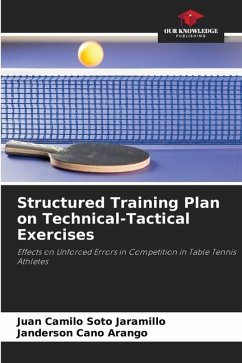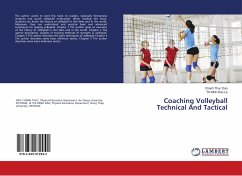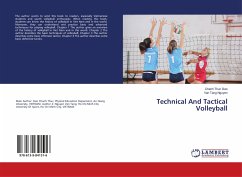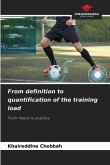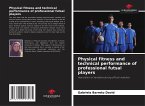Table tennis is a sport characterized by the high speed of play at which it is practiced, by a constant process of decision making that athletes are confronted with and the high levels of technical precision that they must possess, given that it takes place on a playing surface of a reduced area. Tension points and situations that destabilize the athletes are recurrent in the competitions; this situation causes tennis players to commit a high number of unforced errors in the matches. Reflecting on the possible ways to reduce the rate of unforced errors during the development of competitions is a task that should be undertaken by professionals who dedicate their lives to the training of table tennis players. The current research paper presents a methodological proposal that comprehensively covers this acute focus of interest, obtaining statistically significant results.
Bitte wählen Sie Ihr Anliegen aus.
Rechnungen
Retourenschein anfordern
Bestellstatus
Storno

